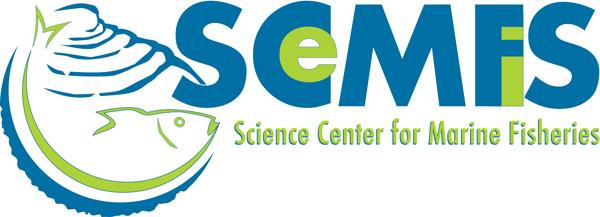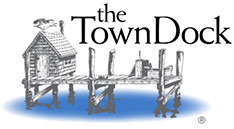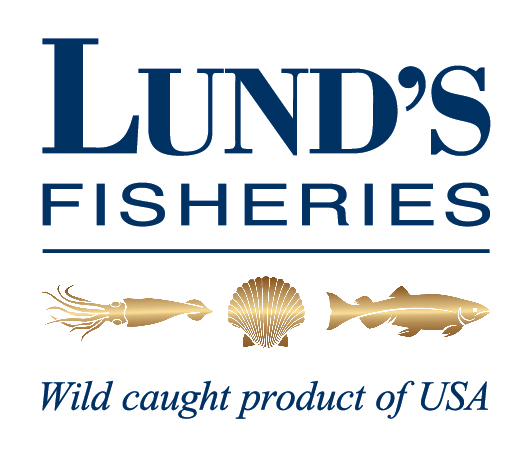January 26, 2022 — Calamari supplier The Town Dock recently expanded and redesigned its retail product line.
The Narragansett, Rhode Island, U.S.A.-based company updated its packaging, including adding a recipe on the back of each box with a QR code taking consumers directly to a recipe video showing step-by-step cooking instructions.
Read the full story at SeafoodSource




